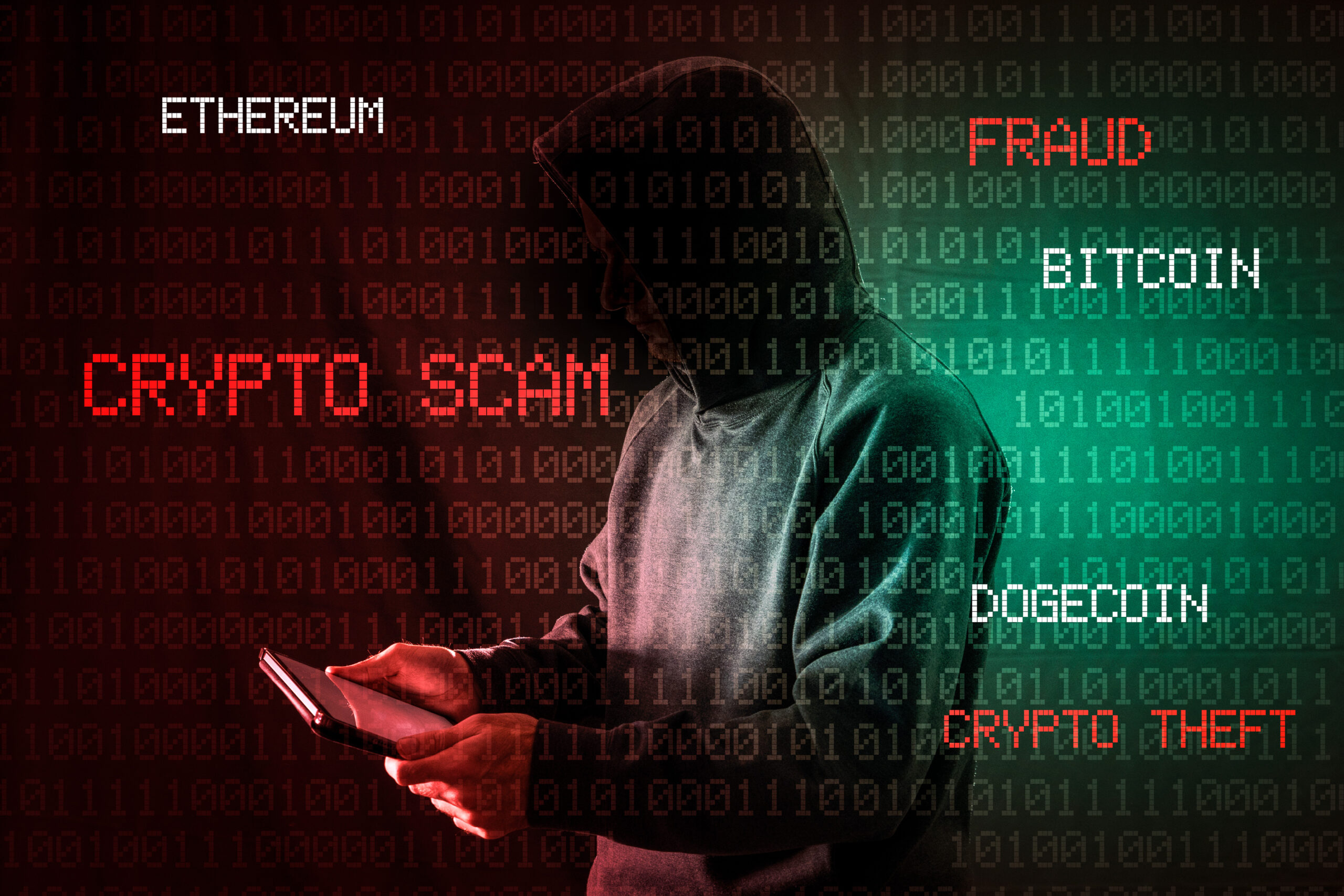Bitcoin has been called many things since its inception in 2009: revolutionary, risky, volatile, and yes—sometimes even a scam. But is Bitcoin really a scam, or is it simply misunderstood? In this article, we’ll break down the myths, explore the facts, and help you see why Bitcoin is much more than a passing fad or a fraudulent scheme.
Introduction: Why Does Bitcoin Get Labeled a Scam?
Bitcoin’s journey has been anything but ordinary. As the world’s first decentralized digital currency, it challenged traditional ideas about money, banking, and value transfer. Its rapid price swings, high-profile hacks, and association with dark web markets have fueled skepticism. Headlines often amplify negative stories, making it easy for the average person to question its legitimacy.
But beneath the noise, Bitcoin’s technology, transparency, and global adoption tell a different story. Let’s dive into the most common claims and see how they hold up to scrutiny.
What Is Bitcoin, Really?
Bitcoin is a decentralized digital currency that operates without a central authority like a bank or government. It uses blockchain technology—a public, tamper-resistant ledger—to record all transactions. Anyone, anywhere, can send or receive Bitcoin, making it a truly borderless form of money.
How Does Bitcoin Work?
- Blockchain: Every transaction is recorded on a public ledger.
- Decentralization: No single entity controls Bitcoin; it’s maintained by thousands of computers worldwide.
- Limited Supply: Only 21 million Bitcoins will ever exist, making it scarce by design.
Common Myths About Bitcoin
Myth #1: Bitcoin Has No Real Value
Critics argue that Bitcoin is “just code” and lacks intrinsic value. But what gives anything value? For centuries, gold, paper money, and even digital dollars have been valuable because people trust and use them. Bitcoin’s value comes from its scarcity, security, and the trust of millions who use it as a store of value and medium of exchange.
Myth #2: Bitcoin Is Only Used for Crime
While Bitcoin has been used for illicit activities, so has cash. In fact, studies show that illegal transactions make up a small fraction of Bitcoin’s overall use. Today, thousands of legitimate businesses accept Bitcoin, and regulatory agencies are increasingly able to track illicit activity on the blockchain.
Myth #3: Bitcoin Is a Ponzi Scheme
A Ponzi scheme pays returns to earlier investors using the money from new investors, with no real underlying business. Bitcoin, on the other hand, is an open-source protocol. There’s no central operator promising returns. Its value is determined by supply and demand in a free market.
Myth #4: Bitcoin Is Too Volatile to Be Legitimate
Yes, Bitcoin’s price is volatile. But so were stocks, gold, and even the US dollar in their early days. Volatility often accompanies innovation. Over time, as adoption grows and markets mature, volatility tends to decrease.
Why Do People Think Bitcoin Is a Scam?
Lack of Understanding
Bitcoin introduces concepts that are new and sometimes counterintuitive. Without understanding how it works, it’s easy to dismiss it as a scam.
Scams Using Bitcoin
Unfortunately, scammers often use Bitcoin because of its irreversible transactions. But this doesn’t make Bitcoin itself a scam—just as email isn’t a scam because phishing exists.
Negative Media Coverage
Sensational headlines sell. Stories about lost fortunes and hacks grab attention, but they rarely tell the whole story. For every negative headline, there are countless examples of people using Bitcoin responsibly and securely.
The Facts: Bitcoin’s Legitimacy
Transparent Technology
Bitcoin’s code is open-source, meaning anyone can inspect it. Transactions are publicly visible on the blockchain, making it one of the most transparent financial systems ever created.
Growing Adoption
Major companies, from Tesla to PayPal, have embraced Bitcoin. Countries like El Salvador have even adopted it as legal tender. Institutional investors and hedge funds are increasingly adding Bitcoin to their portfolios.
Regulatory Recognition
Governments worldwide are developing frameworks to regulate and tax Bitcoin. This recognition further legitimizes its role in the financial system.
The Benefits of Bitcoin
Financial Inclusion
Bitcoin enables access to financial services for billions who are unbanked or underbanked. All you need is a smartphone and an internet connection.
Inflation Hedge
With a fixed supply, Bitcoin is often seen as a hedge against inflation, unlike fiat currencies that can be printed at will.
Borderless Transactions
Bitcoin allows for fast, low-cost transfers across borders, 24/7, without intermediaries.
Addressing the Risks
No investment is without risk, and Bitcoin is no exception. Its price can fluctuate, and users must take precautions to secure their wallets. Education is key—understanding how to store and use Bitcoin safely minimizes risks.
How to Spot Real Bitcoin Scams
While Bitcoin itself isn’t a scam, there are scams in the crypto space. Here’s how to protect yourself:
- Beware of “guaranteed returns”: No one can promise profits.
- Avoid unsolicited investment offers: Legitimate opportunities don’t come via random messages.
- Use reputable exchanges and wallets: Do your research before choosing a platform.
- Never share your private keys: Treat them like your bank PIN.
The Future of Bitcoin
Bitcoin’s journey is just beginning. As technology evolves and more people understand its benefits, adoption will likely continue to grow. Its underlying blockchain technology is already inspiring innovation in finance, supply chains, and beyond.
Conclusion: Bitcoin Is Not a Scam—It’s a Revolution
Calling Bitcoin a scam ignores the facts. While it’s not without challenges, its transparent technology, growing adoption, and real-world use cases make it a legitimate and innovative financial tool. As with any new technology, skepticism is natural—but informed skepticism leads to understanding, not fear.
Ready to Explore Bitcoin?
If you’re curious about Bitcoin, start by learning more. Read, ask questions, and always do your own research before investing. The future of finance is being written today—don’t be left behind.






